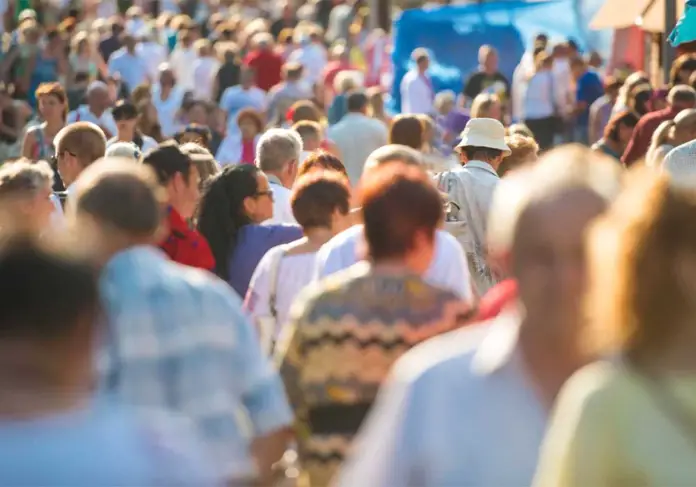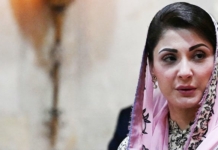Our ears and eyes have grown so accustomed to mortality from disease and disaster, that increased life expectancy, courtesy cutting edge medical technologies and their implications, seldom catch attention. The foremost impact is an ageing world population. likely to overtake the child population. This change will be more pronounced in middle to lower-income countries. Before we traverse the distance any further, it is important to understand what are the issues which elderly people face universally. Top of the charts is deteriorating health which can be age-related or due to a specific disease. Ailing with ageing infests inability thus affecting the quality of life. The life cycle characterized by total dependence to reduced dependency and independence completes the circle to culminate again on partial or total dependence. It starts from physical incapacitation, leading to economic insecurity. People who have been pillars of strength for their families, start feeling unwanted and redundant. Mental depression sets in, and with it comes isolation from rest of the society. This isolation can be manifested in different ways. It can lead to neglect, neglect of oneself or neglect by those who are around them. Unfortunately, physical and mental abuse can be triggered by none other who otherwise are considered part of social support networks like children, siblings and even caregivers. A sense of fear can creep in. Fear of looming death or the unknown, fear of moving around, fear of all round dependency and the ultimate fear of being useless and being redundant. Boredom is yet another fallout of neglect which further impairs the social behavior of ageing people. The overall outcome can be low self-esteem and loss of control of one’s life.
From the caregivers’ perspective, irrespective of, providing kin-care or paid care to the elderly people, it imposes few challenges. It is a common observation that elderly people are demanding individuals who put on extra expectancy load on caregivers. Owing to the effects cited above, they tend to be reclusive and less sharing, more rigid and stubborn in their attitudes and opinions. The sheer notion of life experience makes them authoritarian who are more nagging and ruthless critics. Therefore, taking care of elderly requires calm, composure, training and above average interpersonal communication skills. The aforesaid issues call for ease of access to healthcare and economic security for the ageing people, discussion on dynamics of which is not aimed here, however focus shall remain on social aspect and fallouts of the same
Western societies, providing for growth opportunities for everyone, are more liberal in formulation of basic unit of society i.e. home and family. Family ties have different meanings and cultural connotations of social support. Children attaining adulthood make their way out of parental controls. They start a life of their own only communicating with or attending to their parents as and when hectic schedules allow them to do so. In many cases communication completely breaks down. Siblings normally show up for family reunions only. Broken families or passing away of life partners also beacons a lonely old age, in those societies.
In eastern societies like ours, the basic social unit; family, is still rigidly intact. With religion as the driving force in lives, such like caregiving remains more of an obligation than a favor. Off springs tend to be cognizant of the sacrifices the parents made in rearing and providing for them. This obligation is also fulfilled by grandchildren, siblings, nephews and nieces, where required. Kin-care to be precise. But times are changing, with five percent of Pakistan’s population over sixty-five years and unabated rural to urban migration for better livelihoods, demography is being altered, resulting in parents being left behind, warranting dependent care for elderly.
What to do? We got three choices at hand keeping in view our social setup. One, we keep mum, as we are now and keep contesting the idea of elderly care away from families. Two, we follow the west and leave the elderly in old homes and secludes. Three, we develop a hybrid of the first two options. instead of inflicting the psycho-social trauma of isolation, neglect and abuse to the elderly at home, afford them an opportunity to be socially active, wanted, and feel good, through a combination of family and peer support. Places, need to be developed where elders can be brought in from nearby places or dropped in by the families to share their thoughts and activities. Group discussions can be arranged, experience of healthy and active peers can be put to use. Yoga sessions under the supervision of trainers can be planned. Lectures on health issues of the elderly and its management, can be delivered. Elderly can be grouped as per their interests and pertinent activities can be generated. At the end of the day these elderly people can go back to their families, giving a rundown of the day. Imagine the positive effects of it on their mental and physical health and of course. family ties.
All this will need direct and indirect patronage by the government. Requisite infrastructure (can be make shift initially) for these recreational homes housing, kitchens, clinics, gymnasiums, lounges, prayer places, libraries and gardens can be developed. Qualified human resource like healthcare workers, nutritionists, fitness trainers, and hobby specialists shall be required to run such places. Transportation facility, to and from such like recreational homes can be charged. Separate spaces can be allocated for elderly men and women keeping in view our cultural and religious confines. A pilot project to this effect can be launched at the selected district headquarters and basing on the response and efficacy these facilities can be extended nationwide. Later, private sector can be incentivized to develop such facilities. For sure, society has got a responsibility towards its senior citizens, they may be old but, are gold.







